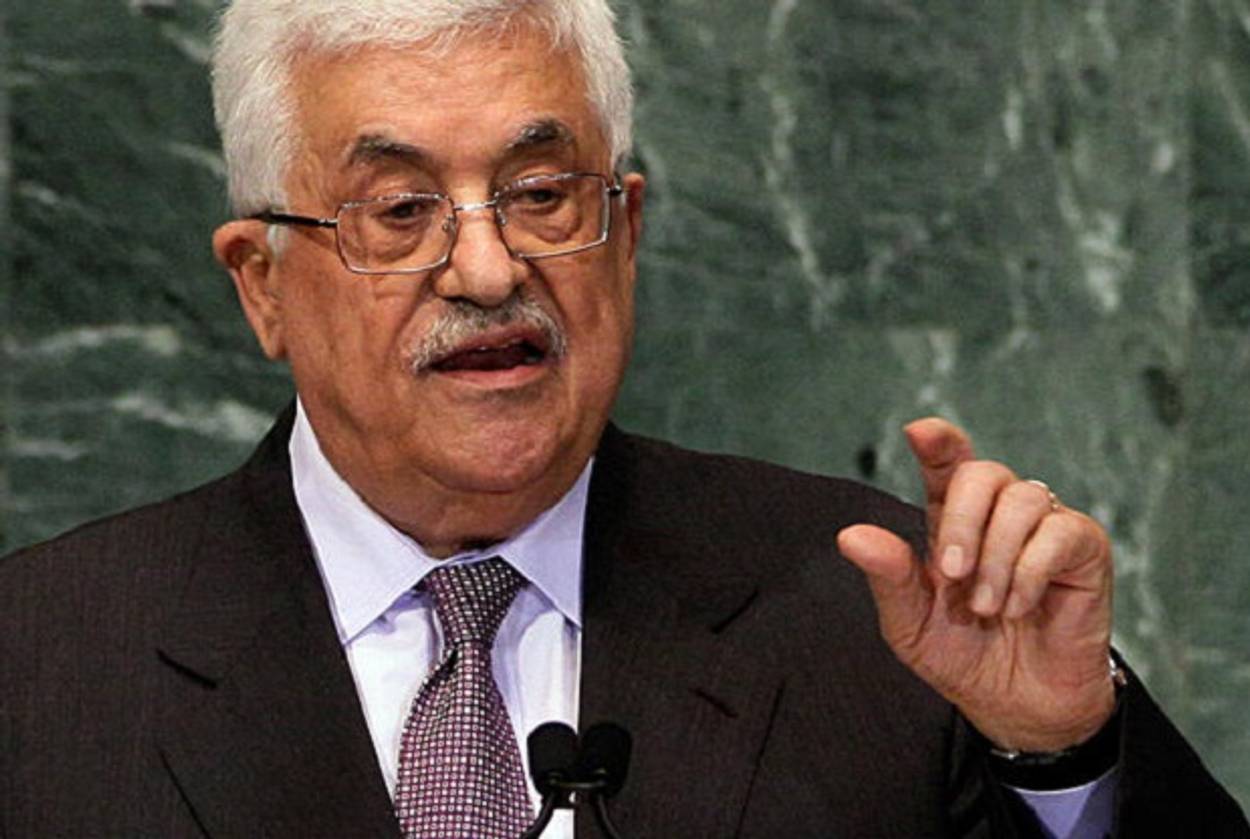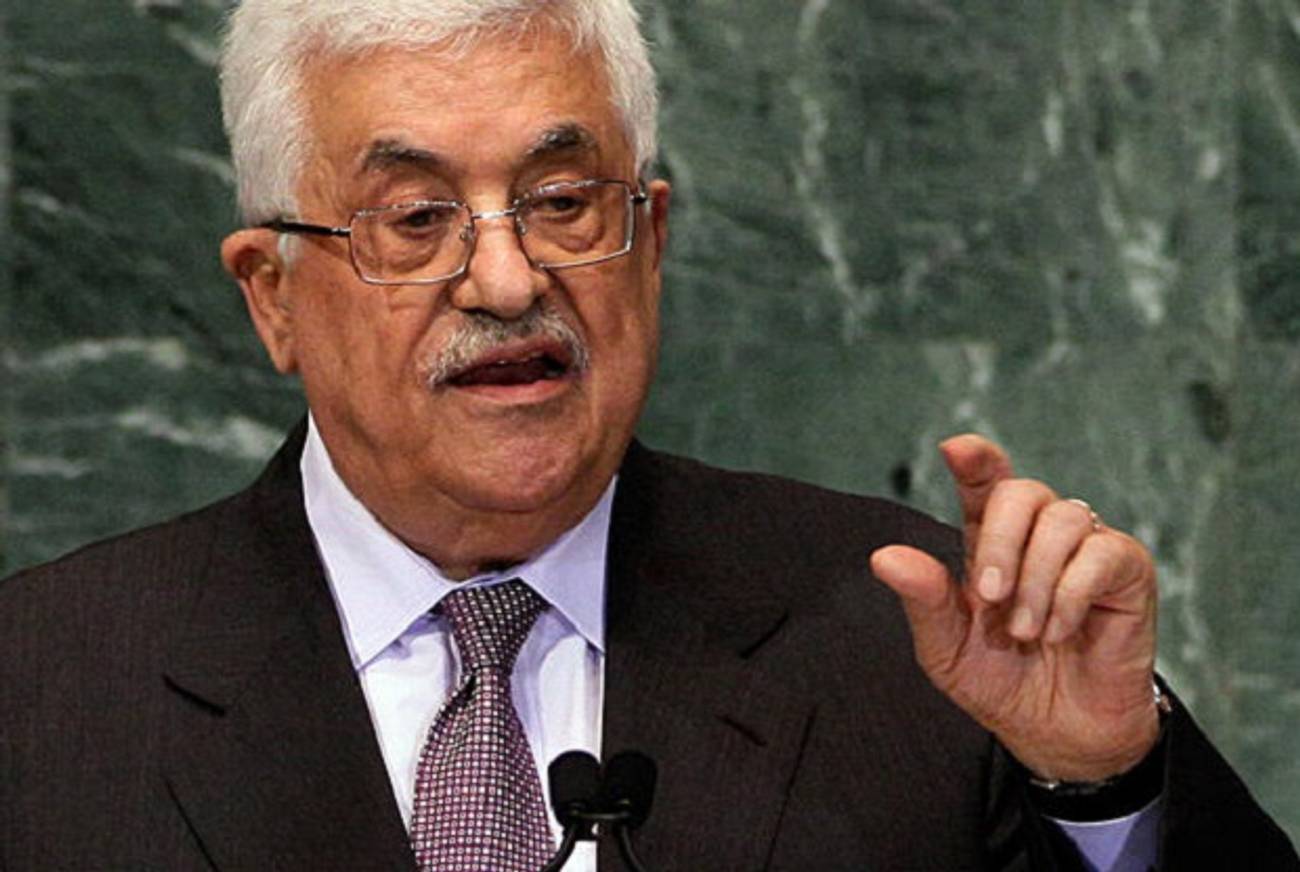Why Yesterday’s UN Vote Was Such a Setback
A primer on the frustration about yesterday’s happenings




Yesterday, I asked readers to help me parse the draft of the Palestinian application for upgraded status that passed with overwhelming support yesterday in the United Nations.
Here was one reader’s smart critique:
I see a contradiction between “based on pre-1967 borders” and a “contiguous State of Palestine”. A contiguous Palestine will have to include Gaza, which would not be good for Israelis. Who would govern it?
I also missed references to Israeli and to American peace initiatives. It seems from the document that Arab countries and the UN have been struggling relentlessly for peace since the beginning of times.
On the document’s reference to the 2002 Arab Peace Initiative, another reader made this remark:
On a less technical view, doesn’t the Arab Peace Initiative of 2002 exclude Israeli control of any biblical Jewish holy sites? Going back to being a body without a soul.
Following the vote, I wrote about what the enhanced status of the Palestinian delegation at the United Nations actually means, namely what powers are afforded a non-member observer state at the United Nations and what does this mean symbolically.
Here’s what I’ve concluded: Despite the above-listed quibbles (which are not to be overlooked), the document itself was pretty anodyne and the actual result of Palestine’s enhanced status at the United Nations is really not something that will put Israel in any danger. (Had the wording been more troublesome, I’m confident that a large portion of the 41 abstentions in yesterday’s vote would have turned into votes against and that more of the ‘yes’ votes would have been abstentions.)
Taken out of its political context, the idea that there should be two states “living side-by-side in peace” is not objectionable to a rational mind and the idea that giving up the West Bank (under the right conditions) absolutely remains in the long-term interest of Israel, if it’s going to be Jewish, democratic, and supported by a loving Diaspora.
But the problem was that it was impossible to separate yesterday’s maneuver from its petty politics. I imagine a not-insignificant number of people, Jews and Israelis chief among them, would have loved to applaud yesterday’s vote as the step it could have represented on the quest for peace. But the tenor of the conversation made that unnecessarily difficult and, if anything, made the distance between the Israeli and Palestinian camps seem greater, not narrower.
Here were some of the problems:
History: An acknowledgement that the decision by Arab nations to reject UN Resolution 181 back in 1947 was a historical misstep would have moved the conversation forward. As the Israeli Ambassador to the United Nations Ron Prosor was left to explain, acceptance of the very resolution that would have granted statehood to both the Israelis and Palestinians (exactly 65 years before yesterday’s vote) would have made moot yesterday’s half-measure.
The 1947 plan was not a particularly good deal for either side, but given the choice between two states living in peace and the three generations of Israeli and Palestinian suffering that followed instead, the right choice obviously wasn’t made then (and few times since). Had Palestinian Authority President Mahmoud Abbas sincerely wished to appear like a serious partner for peace, he should have said this or, at at the very least, conceded that the blame is shared.
Speaking of Abbas: His speech was unsurprisingly atrocious. At the very moment when he could have most acted like a statesman, he chose instead to be divisive and untruthful. How’s this for an opening paragraph?
Palestine comes today to the United Nations General Assembly at a time when it is still tending to its wounds and still burying its beloved martyrs of children, women and men who have fallen victim to the latest Israeli aggression, still searching for remnants of life amid the ruins of homes destroyed by Israeli bombs on the Gaza Strip, wiping out entire families, their men, women and children murdered along with their dreams, their hopes, their future and their longing to live an ordinary life and to live in freedom and peace.
Abbas’ aim was to shore up domestic support, but he forgets that if he is ever going to deliver the Palestinians a state–ostensibly the aim of the speech and the entire UN initiative–he did nothing to convince the Israelis with whom he must make peace that he understands their narrative and their considerable suffering as well.
Given how expected this was, it almost seems unnecessary to take Abbas to task for doing what we all knew he would do. (A telling symbol: Neither of Israel’s main news channels bothered to broadcast Abbas’ speech.) But imagining–however naively–what might have come of the moment had Abbas actually chosen to be a leader elucidates why Israel, the United States, and many skeptical onlookers viewed yesterday as the charade it was.
Earlier: What the UN Vote Actually Means [The Scroll]
Crowdsourcing the Palestinian UN Document [The Scroll]
Full text of the Abbas Speech [Times of Israel]
Adam Chandler was previously a staff writer at Tablet. His work has appeared in the New York Times, the Wall Street Journal, the Atlantic, Slate, Esquire, New York, and elsewhere. He tweets @allmychandler.